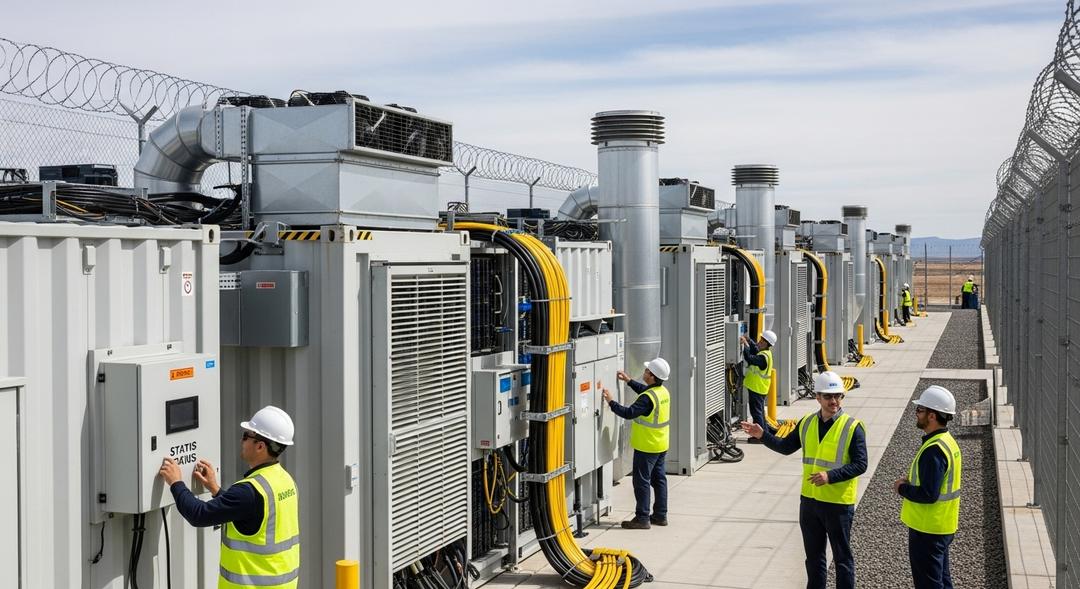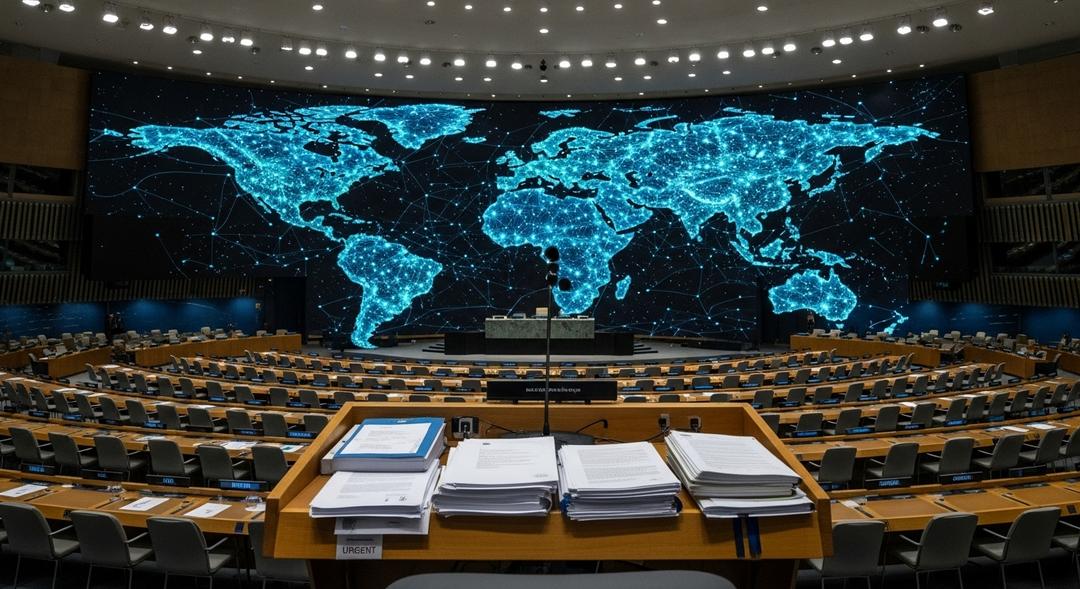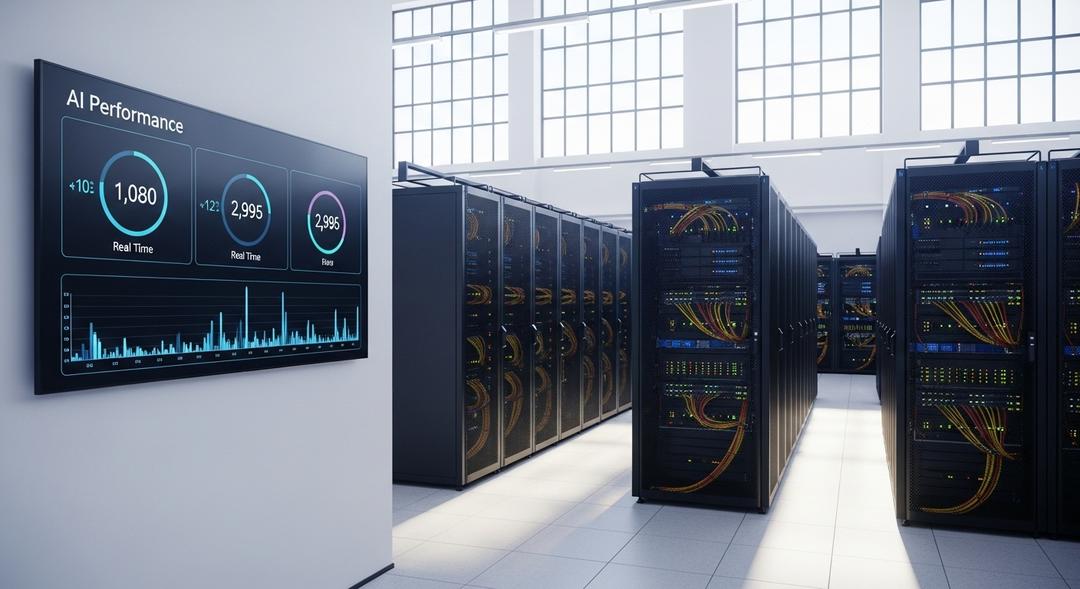Bill Gates has been watching the rise of artificial intelligence with a mix of awe and caution.
During a recent conversation with Fareed Zakaria, the Microsoft cofounder acknowledged the leap that AI has made in tackling simple tasks, especially when it comes to basic computer programming. But Gates said the technology still faces a steep climb before it can handle the most advanced code.
He remarked, “Simple coding tasks, AI today can replace human work. The most complex coding tasks, it’s not able to do it yet.”
Depending on who you ask, this next step for AI could be around the corner or still a decade away. Gates said the pace of progress constantly surprises him, especially as researchers closer to the field are divided over when—or even if—artificial intelligence might reach a level of human-like general intelligence.
He described how he occasionally tests AI’s knowledge himself. A few times each day, Gates throws a complicated question at one of the current language models, just to see how well it can pull together research and summarize the essentials. Often, he is impressed by how much it can deliver.
AI and the Changing Work Landscape
The discussion turned to the impact this rapid progress could have on different kinds of jobs.
Gates pointed out that while some see AI as a threat to conventional work, improved productivity can actually unlock opportunities. “If you get more productive, that’s good. It means you can free up these people to have smaller class sizes, have longer vacations, or to help do more. So it’s not a bad thing,” he explained, before posing a critical question: “Does it come so fast that you don’t have time to adjust to it?”
The shift will not just hit desk jobs. Gates confirmed a belief shared by many in the technology sector, that when machines become good enough at hands-on work, like factory assembly, even more workers could see their roles change.
He emphasized that these changes go beyond the United States and Europe. his lens on global technology efforts was to let’s make sure it gets out in low income countries to help with their health, education and agriculture,” Gates said.
For now, experts remain split on when AI might truly master the kinds of knowledge and creativity that define complex professions. But Gates believes it is crucial to pay attention—not just to the machines learning so quickly, but also to the people who will need to keep up, as reshaped employment patterns are already emerging worldwide.








